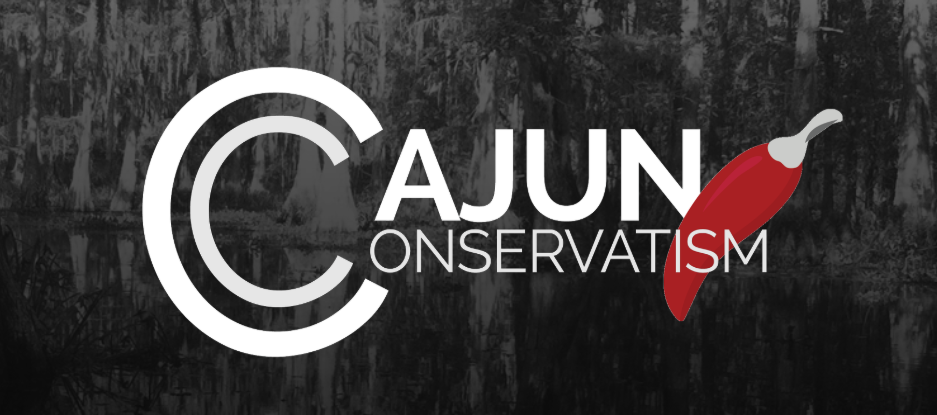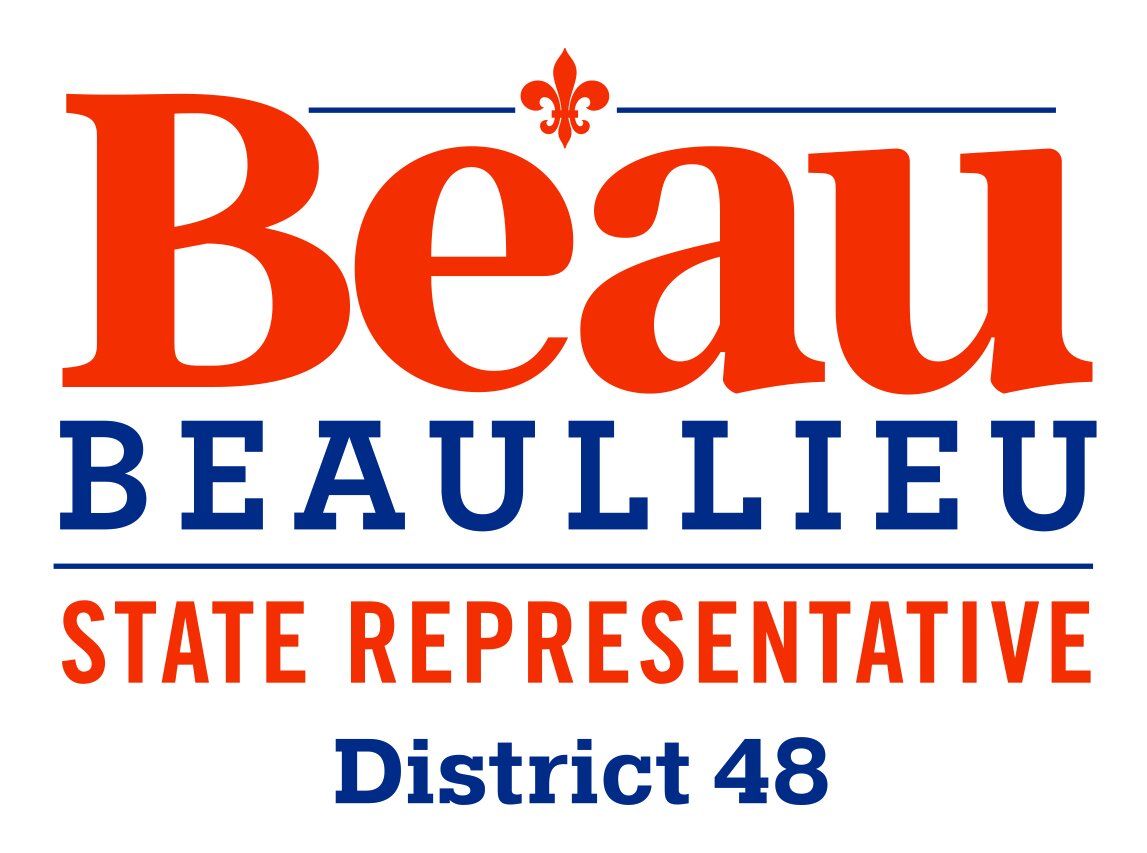BATON ROUGE, LA (April 20, 2020) —
On Monday, West Texas Intermediate futures (WTI) traded below $11 a barrel for the first time since 1986, reaching as low as $10.63 early Monday morning, indicating a drop in price of over 80% since the beginning of the year. WTI has not traded in single digits since December of 1973. However, when adjusted for inflation, this is the lowest price that oil has traded in U.S. history. (https://www.macrotrends.net/1369/crude-oil-price-history-chart)
“The crisis facing the industry is impossible to overstate,” Louisiana Oil & Gas Association President Gifford Briggs said. “The global demand destruction of oil, caused by the worldwide shutdown of the economy, has sent prices to the lowest in history when adjusted for inflation. There is no magic pill that will save the thousands of jobs that will be lost, but we can immediately take steps to limit the losses.”
“President Donald Trump has outlined a clear plan to get the economy moving again. It is time that Louisiana, Texas and other states work with President Trump to implement his plan as soon as possible, and lean on countries around the world to do the same. Until demand rebounds, if industry is going to survive we will need severance tax relief, royalty relief, and an end to the government sponsored coastal lawsuits. State leaders must take comprehensive action immediately or we will lose an entire industry, and the jobs, wages, families and communities that are sustained by it.”
“Many of our members are being told they cannot deliver crude in May due to storage constraints, and as a result have begun planning to shut in 100% of their Louisiana production,” Briggs added. “It’s an absolute worst case scenario, a perfect storm.”
About the Louisiana Oil & Gas Association
The Louisiana Oil & Gas Association was organized in 1992 to represent the Independent and service sectors of the oil and gas industry in Louisiana; this representation includes exploration, production and oilfield services. LOGA’s primary goal is to provide our industry with a working environment that will enhance the industry. Find out more information at: http://www.loga.la
###


















